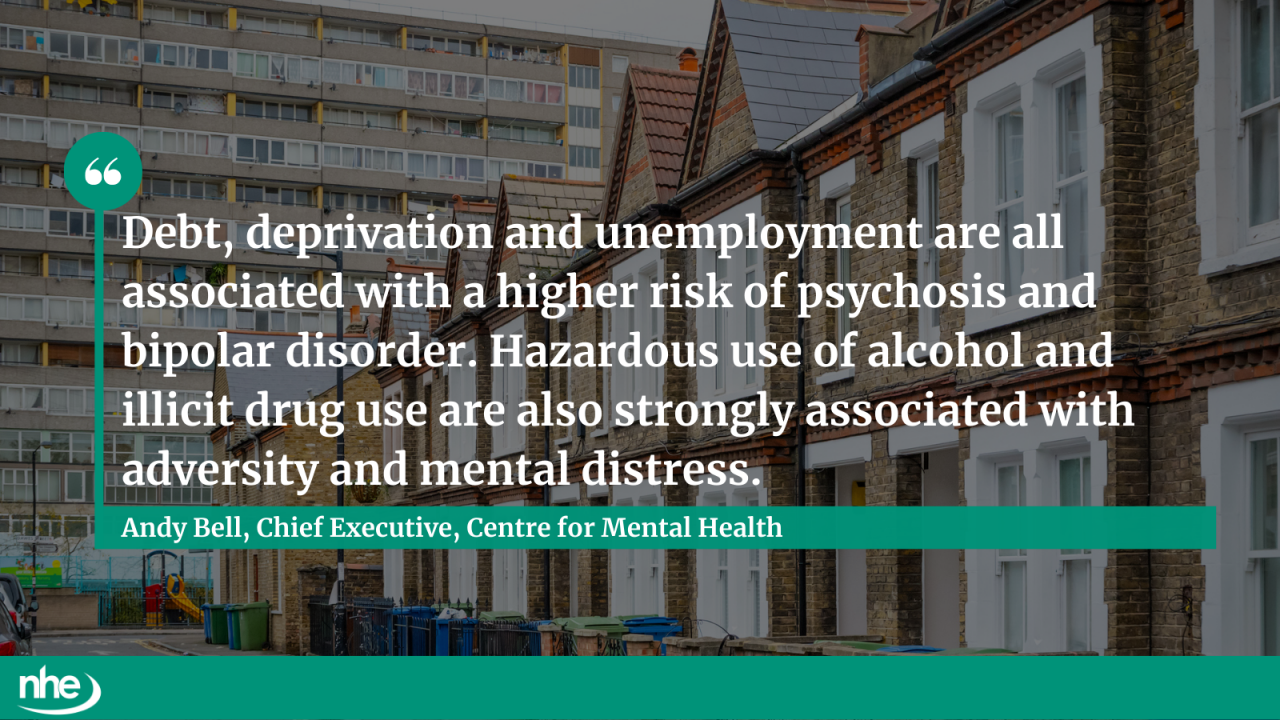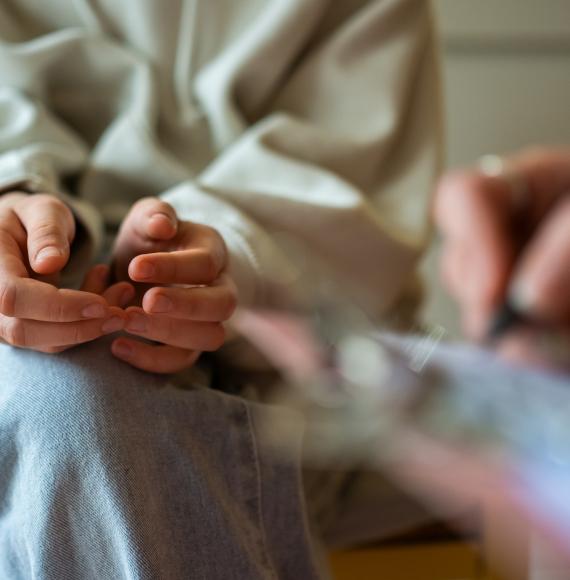England is facing a worsening mental health crisis, according to the latest Adult Psychiatric Morbidity Survey published by NHS Digital.
The survey, conducted between March 2023 and July 2024, shows a sharp rise in common mental health conditions, self-harm, and eating disorders, particularly among young adults and women.
The report reveals that 22.6% of adults aged 16 to 64 are living with common mental health disorders such as anxiety and depression, up from 17.6% in 2007. Among young adults aged 16 to 24, the figure is even more alarming, with more than one in four (25.8%) affected. Women remain disproportionately impacted, with 36.1% experiencing these conditions compared to 16.3% of men.
The survey highlights increases in other conditions too. ADHD screening rates have jumped from 8.2% in 2007 to 13.9%, and PTSD prevalence has grown from 4.4% to 5.7%. Autism and psychosis rates remain stable at around 0.8% and 0.4%, respectively.
Socioeconomic factors play a significant role in mental health outcomes. People living in the most deprived areas are nearly twice as likely to experience common mental health disorders compared to those in the most affluent communities (26.2% versus 16.0%). Despite improvements in treatment access more than half still go without support. Older adults and people from Black, Asian, and minority ethnic backgrounds are particularly underserved.
Andy Bell, Chief Executive of the Centre for Mental Health, commented on the report, saying:
“While rates of the most serious mental illnesses have remained stable in England over the last decade, it is a worry to see a steep rise in eating disorder prevalence from 6.4% in 2007 to 9.1% now. Eating disorders are the most life-threatening mental health problems, and we need to understand better why they are rising and what can be done to turn this around.
“Today’s figures once again underline the inequalities that create so much mental ill health in our society. Debt, deprivation and unemployment are all associated with a higher risk of psychosis and bipolar disorder. Hazardous use of alcohol and illicit drug use are also strongly associated with adversity and mental distress. It is therefore essential to address the root causes of mental distress: including poverty and wealth inequality, the housing crisis, racism, and gender-based violence.
“There are positive signs in today’s new data of a reduction in the hazardous use of alcohol, especially among younger age groups. But younger people are also reporting higher levels of self-harm.
“The prevalence of autism has not changed, at around 1% of the adult population. This is an important finding, which suggests that rates of autism are stable, but with greater recognition more people are now coming forward to seek help. It is also important to explore why autism is so much more common among those facing the most deprivation.
“Today’s findings make it all the more welcome that the Chancellor yesterday took the vital step of ending the two-child limit for universal credit. By lifting thousands of children out of poverty, this could reduce future levels of mental ill health and start to turn around the rising tide of distress that we have seen over the last decade. But there is much more to be done to prevent mental distress and ill health, and we hope the Government will act now to build on what it has started.”

The APMS is the most comprehensive survey of mental health in England, involving nearly 6,900 interviews and 880 clinical assessments. It provides critical insights into conditions ranging from anxiety and depression to autism and psychosis. A second report, focusing on alcohol, drugs, personality disorders, and severe mental illness, is expected later in 2025.
These findings underscore an urgent need for action. Experts are calling for increased funding for mental health services, targeted support for young people, and measures to address social inequalities that exacerbate mental distress. Without decisive intervention, the human and economic costs of this crisis will continue to rise.
Image credit: iStock



















